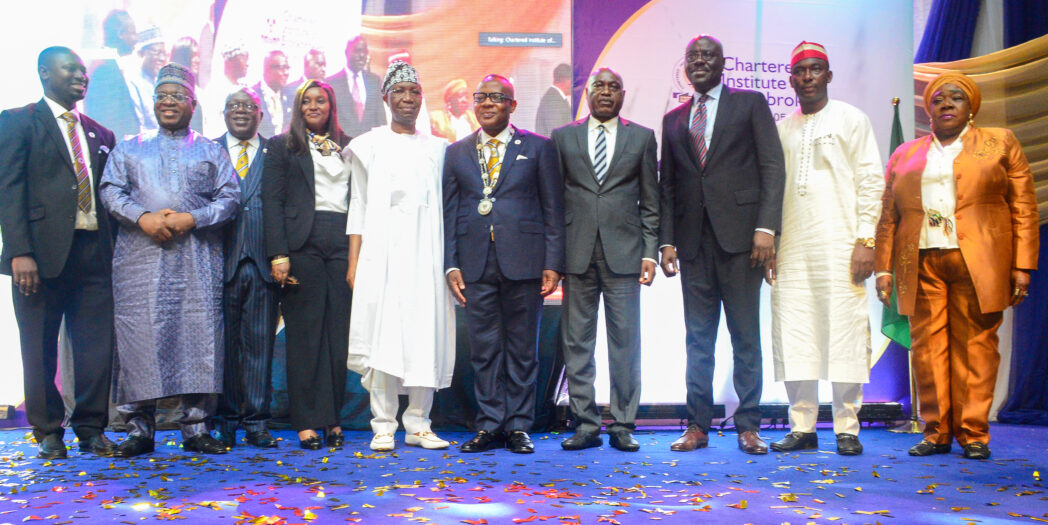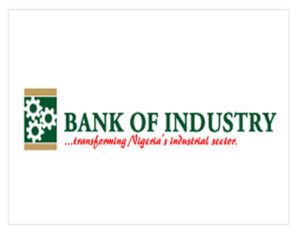
FG can raise $500bn from Capital Market — 13th CIS President, Dada
Newly sworn-in President, Oluropo Dada, as the 13th President and Chairman of Governing Council of Chartered Institute of Stockbrokers (CIS), says the Federal Government can raise $500 billion from the Capital Market.
The investiture ceremony, at the weekend in Lagos, marked the commencement of Dada’s two-year tenure as the Institute’s President and send-off for Oluwole Adeosun, the immediate past president.
In his acceptance speech, Dada assured that his administration would advance inclusive participation of all stakeholders in the financial market.
“My vision is to build a Nigerian capital market in which securities professionals get the attention and patronage that they deserve. We want a market that is all-inclusive, with all stakeholders working as partners. My team and I will work assiduously towards upgrading capacity building in our community, while at the same time ensuring that there is a symbiotic relationship between securities dealers and all trading platforms in the country.
“The Federal Government of Nigeria under the leadership of President Bola Ahmed Tinubu, has articulated the vision of attaining a $1trillion economy during its tenure. To do this, the economy must attain a double-digit growth in Gross Domestic Product (GDP).It is therefore my conviction that the capital market alone can generate up to at least half of the envisaged $1trillion.
“It is therefore imperative that the size of the informal sector in Nigeria be substantially reduced, if we are to attain the objectives of accelerated GDP growth. Appropriate policies should be crafted to encourage all public limited liability companies in Nigeria to obtain listing and public quotation on any of the SEC-registered securities exchanges in the country.
“Our Institute aligns with the ongoing recapitalisation programme in the banking sector. We have made a 10-point recommendation to the Government and Capital Market Regulators on how the new capital injection in the banking industry can be implemented seamlessly,” explained Dada.
The immediate past president, Mr Oluwole Adeosun, presented some of the major achievements during his tenure and commended Dada for his sterling contributions as the 1st Vice President during the period.
The Special Guest of Honour, and Nigeria’s Vice President, Kashim Shettima, urged the Institute to partner with the Federal Government in order to transform the economy. Shettima, who was represented by his Special Adviser on Economic Matters, Dr Tope Fasua.
He explained that the economy would experience significant growth once the country overcomes the ongoing reforms.
Governor Abiodun Oyebanji of Ekiti State, commended the Institute and assured it of support for Dada’s Administration through partnership with the Institute for market development. He showered encomiums on Dada as a man of integrity with track records of performance.
After the swearing-in of Dada as the President, in line with the tradition of the Institute, Dada, swore-in Mrs Fiona Ahimie and Dr Akeem Oyewale as the 1st and 2nd Vice President respectively.
Goodwill messages were presented to the new president by the Lagos State Governor, Director General, Securities and Exchange Commission (SEC), Nigerian Exchange Group PLC, Chartered Institute of Bankers of Nigeria (CIBN), Association of Securities Dealing Houses of Nigeria (ASHON) and Founding Partner, Wole Olanipekun & Co, Chief Wole Olanipekun amongst others, while a Keynote Address was delivered by the Chairman, Chapel Hill Denham, Mr Bolaji Balogun.
The ceremony was attended by many captains of industries and seasoned finance experts, including the former Director General of The Nigerian Stock Exchange ( now NGX, Professor Ndi Okereke-Onyuike.




